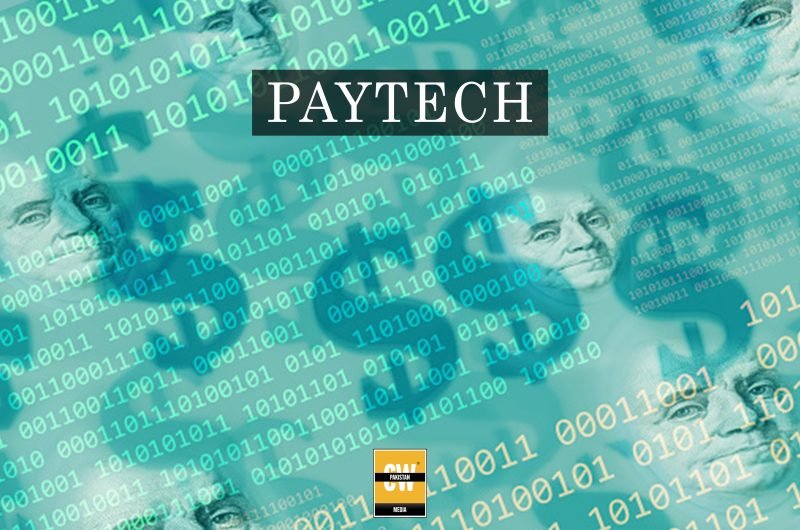The Pakistan Virtual Assets Regulatory Authority (PVARA) convened its inaugural board meeting in Islamabad, signaling a significant policy shift in the country’s approach toward blockchain, digital assets, and the broader virtual economy. The meeting laid the groundwork for regulatory reforms that could potentially reshape the future of cryptocurrency in Pakistan, including the possible withdrawal of the State Bank of Pakistan’s 2018 ban on financial institutions engaging in virtual currency transactions.
A major highlight of the session was the Board’s deliberation on BPRD Circular No. 03 of 2018, which has long restricted banks and financial service providers from facilitating crypto-related activities. The discussion indicates that regulators are seriously considering removing barriers that have limited the development of Pakistan’s crypto and blockchain ecosystem for nearly a decade. The prospect of lifting the ban could open new avenues for innovation, investment, and financial inclusion, placing Pakistan in closer alignment with global practices around virtual assets.
As part of its early initiatives, PVARA approved the establishment of a dedicated complaint portal to be developed in partnership with the National Cyber Crime Investigation Agency (NCCIA). The platform is intended to ensure consumer protection, improve transparency, and provide an accessible channel for grievances related to digital assets.
PVARA Chairman Bilal bin Saqib emphasized that the authority’s mission is to strike a balance between safeguarding financial integrity and enabling innovation. He stated that PVARA aims to build trust in the domestic market while enhancing Pakistan’s credibility in the global digital economy. Finance Minister Muhammad Aurangzeb, who attended the meeting as a special invitee, hailed the launch of PVARA as a landmark development and acknowledged the role of the Pakistan Crypto Council (PCC) in driving early consultations with stakeholders and experts.
The Board also reviewed strategic priorities designed to operationalize PVARA in line with global Anti-Money Laundering and Countering Financing of Terrorism (AML/CFT) standards. These include appointing independent directors with expertise in digital assets, drafting a comprehensive licensing framework, and forming specialized committees. Focus areas identified for these committees include sandbox experimentation, taxation policies, international collaboration, and regulatory drafting. A draft of the licensing framework was circulated for consultation and is expected to be finalized soon.
In order to maintain momentum and ensure continuous stakeholder engagement, PVARA will conduct bi-monthly meetings over the next six months. The initiative reflects a hands-on approach to policy development and underscores the government’s intent to manage the growth of virtual assets responsibly while protecting the financial system from illicit use.
The meeting brought together an influential group of decision-makers, including the Governor of the State Bank of Pakistan, federal secretaries from the Ministries of IT and Law and Justice, the Chairman of the Federal Board of Revenue (FBR), the Chairman of the Securities and Exchange Commission of Pakistan (SECP), and senior representatives from NCCIA. Their presence highlighted the cross-sector importance of virtual asset regulation in Pakistan’s economic and financial roadmap.
By considering the withdrawal of the longstanding SBP ban, Pakistan is signaling a potential new era for its digital economy. If approved, the change could foster innovation in fintech, attract foreign investment, and encourage the responsible adoption of cryptocurrencies, positioning Pakistan as an emerging player in the global blockchain landscape.










